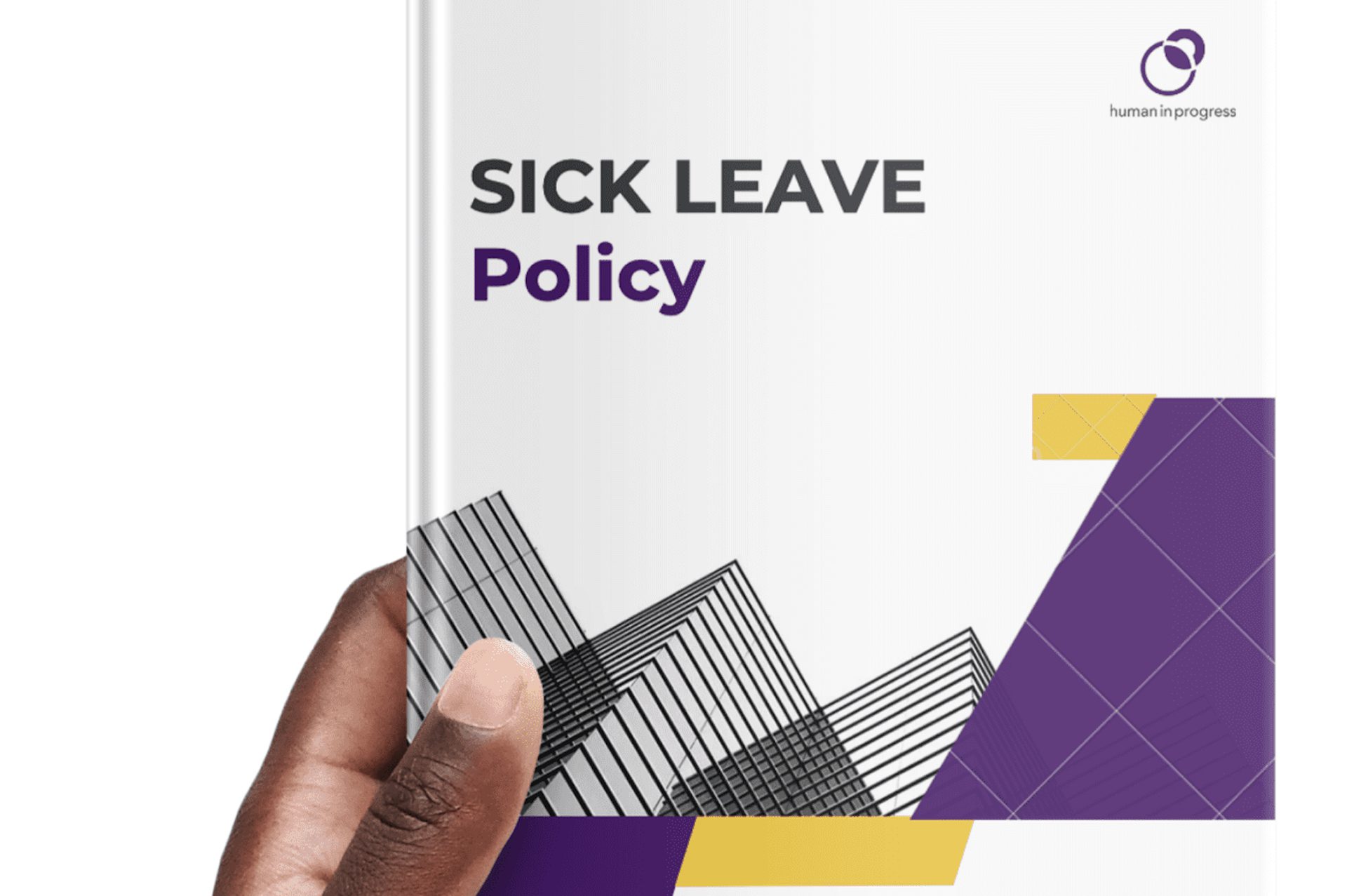The Arbobalans report provides an overview of the quality of work, conditions and work-related health of workers, as well as of the occupational health and safety policies of companies in the Netherlands, based on recent figures from monitors and studies.
The data in the recent published report (study 2018-2020) is mainly related to the situation in 2019, before COVID19.
Summary of the results:
- In 2019, mental illness is the most common occupational risk followed by occupational diseases of the musculoskeletal system;
- In 2018, the average period of illness of an employee with an occupational disease was 39 days. This is a higher absenteeism than an employee without an occupational disease;
- The cost of absenteeism due to occupational disease is estimated at 2.5 billion euros; In 2014 costs on mental occupational diseases was: 1 billion euros. This has been doubled in 4 years.
Table of Contents
Flexworkers
Temporary workers and on-call workers and are faced, more than workers with a permanent employment contract, with (the consequences of) occupational risks in the field of:
- Physical workload;
- Environmental workload (with increasing exposure to hazardous substances);
- Work pressure;
- Internal undesirable behaviour (particularly in the case of temporary employees);
- External undesirable behaviour (especially with on-call and temporary employees).
Quality of work
Overall, the quality of work is best rated for employees with a permanent employment contract and for self-employed workers. Self-employed workers experience less psychosocial stress than workers with a permanent employment relationship.
In the Netherlands, between 2014 and 2019 there has been an significant increase in percentages:
- Working from home:
- 2014: 34%
- 2019: 37%;
- Working outside the company location:
- 2014: 15%
- 2019: 18%;
- Working flexible working hours:
- 2014: 23%
- 2019: 27%
The 2020 Arbobalans report provides a broad overview of the quality of work in the Netherlands, as well as of developments in this regard. The report is of great benefit of HR professionals, Works Council members, employers and employees.
For more information and/or tools to support the wellbeing of employees and working condition regulation, contact our specialist.




